Landing in Ho Chi Minh City, Vietnam, I anticipated an academic experience—but I walked away with so much more: new friendships, cultural insight, and a profound perspective on freedom, resilience, and identity. My immersion program at UEF University was not just about learning logistics, supply chain, and international business. It was about feeling history, sharing laughter, and understanding how a city’s vibrant pace merges beautifully with its deep-rooted traditions.
Unraveling History at the Cu Chi Tunnels
Few experiences matched the intensity of our day at the legendary Cu Chi Tunnels. These underground labyrinths, dug during the Vietnam War, were more than passageways—they were lifelines, homes, hospitals, and symbols of sheer determination. Crawling through the cool, narrow spaces, guided by soft light and the stories of our guide, I found it difficult to fathom how entire communities survived beneath the ground.
The tunnels are tiny—sometimes barely large enough for an average person to squeeze through. They were once the backdrop of life and battle for the Viet Cong: intricate mazes built with nothing but simple tools, sweat, and hope. As I crawled on hands and knees, my claustrophobia rising, I could only admire the ingenuity and grit it must have taken to endure such conditions. Booby traps, hidden entrances, bomb craters, and makeshift kitchens told tales of survival and creativity. Emerging from the darkness, squinting into the sunlight, I felt both relief and a quiet awe. The tunnel’s legacy is much more than a tourist site; it’s a visceral lesson in the price of freedom and the will to prevail.
India, Vietnam, and the Echoes of Freedom
As an Indian in Vietnam, I felt a natural kinship with the people and their struggles. Both our nations have storied histories—marked by colonization, resistance, and an unyielding pursuit of freedom. Walking the streets of Saigon, reflecting on the walls of the Cu Chi tunnels, I thought often of Ho Chi Minh and India’s own Mahatma Gandhi. Both were visionaries who understood that the soul of a country rests on dignity, self-determination, and collective effort.
There is a remarkable and often understated bond between India and Vietnam. Our histories are interlaced: India supported Vietnam’s independence, objected to foreign intervention in its affairs, and provided a model of peaceful resistance. The historical camaraderie between Ho Chi Minh and Indian leaders like Nehru created a deep well of shared aspiration. Both nations rose from the ashes of colonialism, championed by men and women who believed that freedom, once won, must be fiercely guarded and endlessly nurtured.
Presenting our business case to the Consulate General of India to Vietnam on the final day felt weighty—not merely as students, but as young ambassadors realizing the power and potential of enduring partnerships.
Life in a Communist Country: A New Perspective
My time in Vietnam, a socialist republic, was enlightening in ways I hadn’t expected. There were moments when the state’s omnipresence was visible—in the red banners, the reverence for Uncle Ho, and the communal spirit that underpins many aspects of daily life. Yet, these hallmarks of communism coexisted with rapid modernization, entrepreneurship, and an infectious hustle.
It challenged my notions of what “communist” or “capitalist” really means. Vietnam today is a country where old meets new, where reverence for collective memory doesn’t prevent bold moves toward prosperity. Witnessing this blend helped me appreciate the diversity of paths societies take to achieve security, growth, and happiness—and what freedom can look like across borders.
The Heartbeat of Ho Chi Minh City: Fast-Paced Yet Rooted
Ho Chi Minh City is alive—from the never-ending tide of motorbikes to the kaleidoscope of neon city lights after sundown. Every street corner offers a story. I fell in love with the city’s restless energy—its determination to move forward, to build and to dream. But alongside the dynamism, I also savored the gentle rituals: sharing a bowl of pho on a street-side table, watching workers pause to honor an ancestor, or hearing traditional music echo through a modern café.
City life in Vietnam is a paradox. Skyscrapers and digital innovations keep pace with Tokyo or Singapore, but “slow living” persists—a quiet moment over a cup of robust Vietnamese coffee, a lingering glance at incense curling in a temple courtyard. Sometimes, the city feels like it wants to race ahead; other times, it insists that you linger and simply absorb.
Everyday Joys: Coffee, Matcha, Convenience Stores
One of my small yet constant delights was the city’s obsession with beverages. Our daily routines slipped into the embrace of matcha lattes, iced teas, and strong Vietnamese cà phê sữa đá—rich, sweet, and energizing. The local cafés range from hip, Instagrammable spots to tiny back-alley gems where the best drinks sometimes came with a complimentary local story.
Then there were the convenience stores. In India, “convenience” usually means the neighborhood kirana—here in Vietnam, convenience stores are everywhere: Circle K, FamilyMart, GS25, and more. These air-conditioned sanctuaries are open all hours, offering everything from hot meals to Wi-Fi to quirky snacks. Some even have ready-to-eat noodle bars and fresh espresso machines! I found myself marveling at the sheer accessibility, and admittedly, indulged in more than one late-night snacking adventure. For city dwellers and students alike, it’s a modern Eden—blurring the lines between quick service, hangout spot, and mini-market.
Friendship and Cultural Adventures
Of course, much of what made my time in Vietnam unforgettable happened beyond lecture halls. Vietnamese students befriended us instantly—easing us into local customs, sharing inside jokes, and sometimes helping us cross manic traffic unscathed. In cultural activities, I learned not just to watch but to participate: dressing in traditional Ao Dai, trying (and failing) at bamboo dancing, sampling every dish placed before me.
These moments shifted my understanding of culture from something observed to something lived—an ongoing conversation where curiosity and kindness matter more than fluency or expertise.
A Farewell and a New Outlook
As the days sped by, I found myself absorbing not just facts but a new way of seeing the world. Vietnam—fast, proud, and endlessly creative—showed me that resilience comes in many forms, and that freedom is both fought for and celebrated, every single day. I returned home carrying not just insights from lectures on logistics or supply chain management, but a sense of kinship with my Vietnamese friends and a reminder that the bonds between nations, like those between people, are built on shared dreams and mutual respect.
If you are considering an immersion abroad, choose one that pushes you to new places, to new thoughts, and to new friendships. Vietnam was—and will always be—more than a destination; it was a classroom, a festival, and a second home all at once.

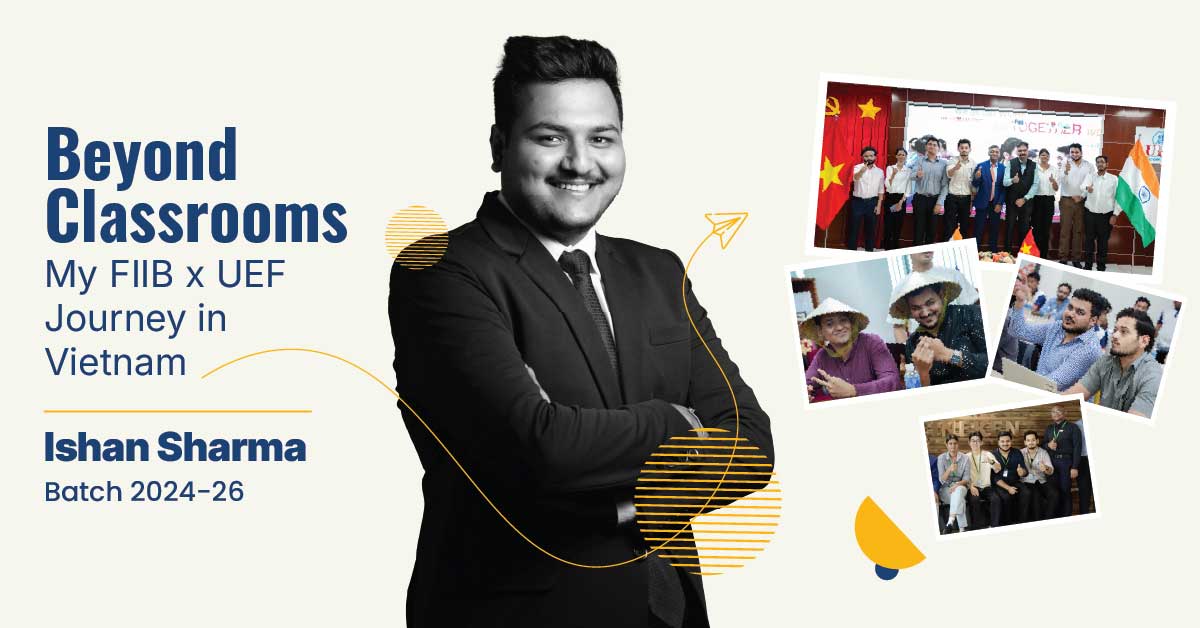


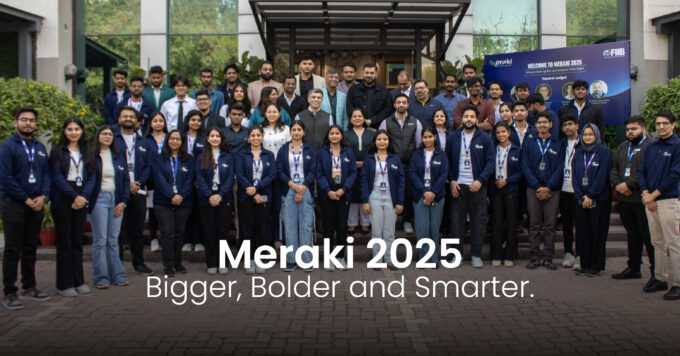
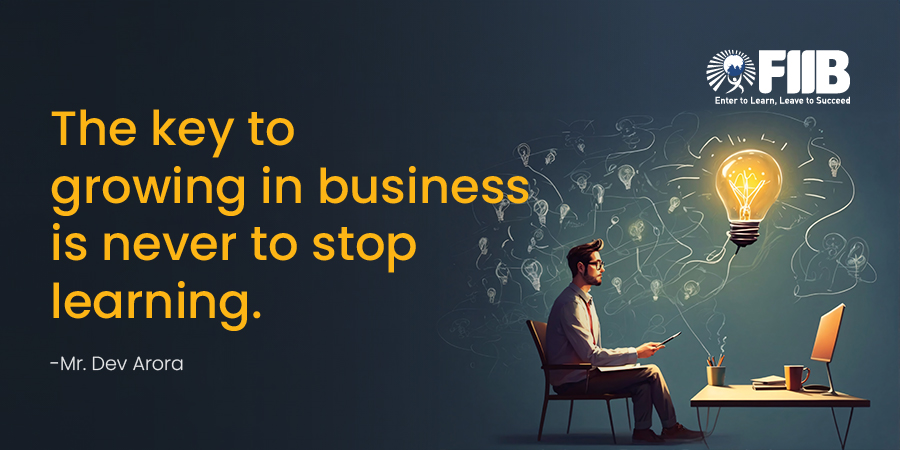
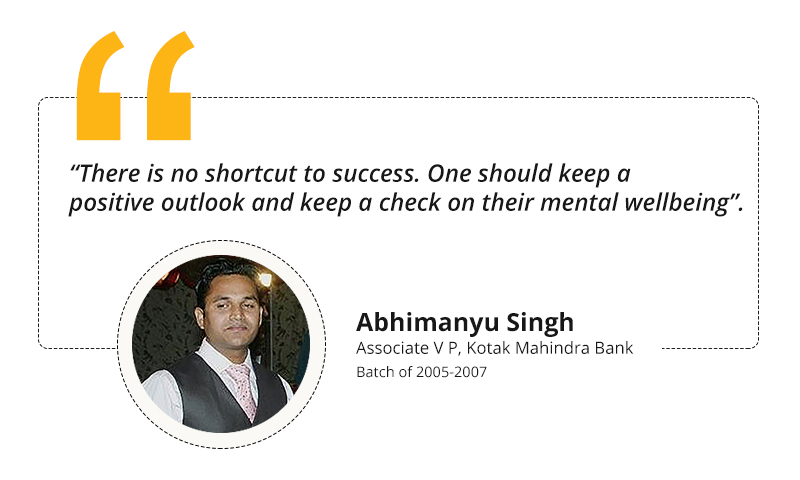



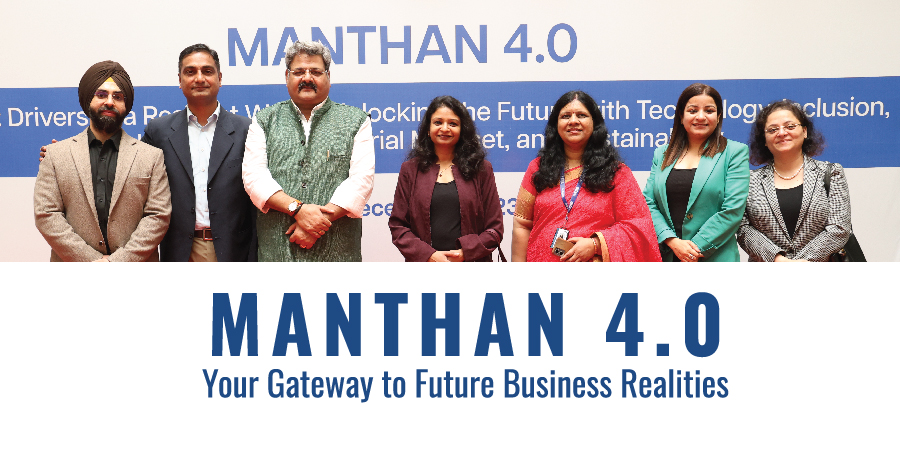






Leave a comment